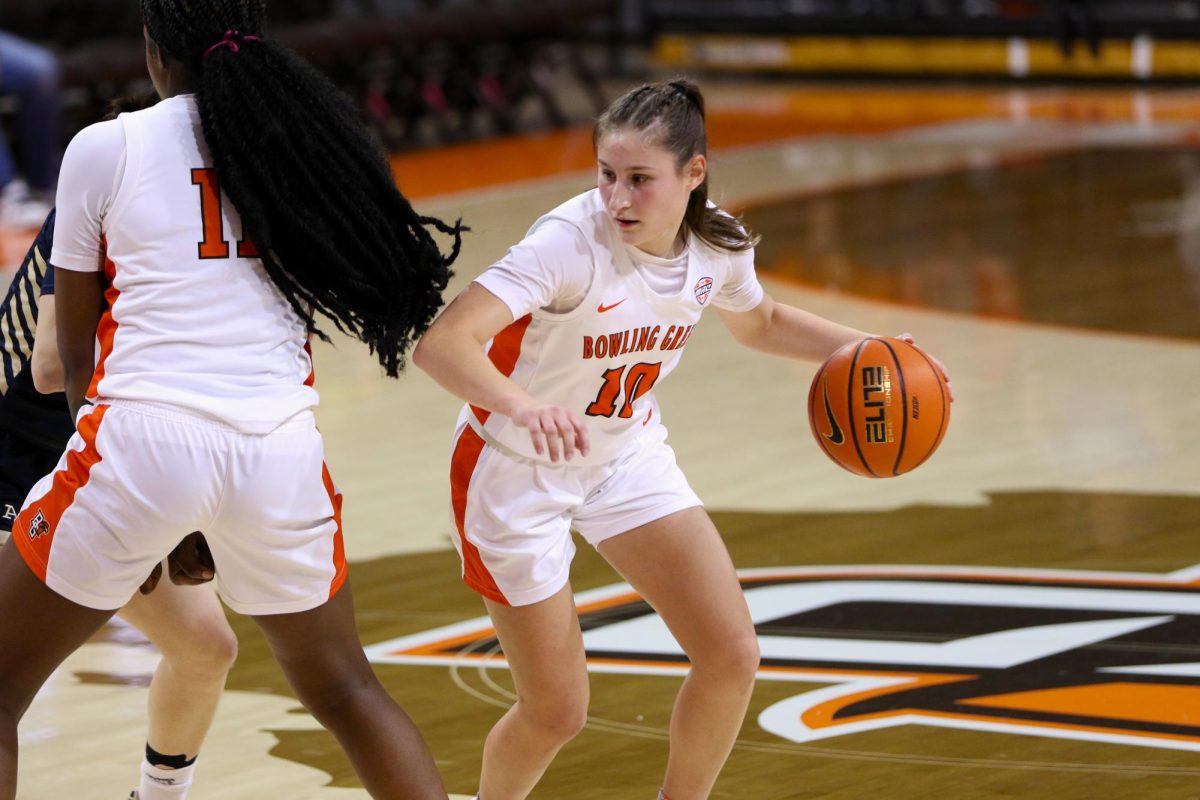In exactly one month, the 2016 Summer Olympics in Rio de Janiero, Brazil will begin. However, massive questions still loom for the world’s largest sporting event. Pollution, crime, disease and other critical factors within the city are running rampant as the August 5 start date draws nearer.
“This is the most serious issue in Rio and the state is doing a terrible, horrible job,” Eduardo Paes, mayor of Rio, said of the city’s crime in a recent interview with CNN.
In recent days, schools have been closed, dozens of people have been shot and body parts have washed ashore near the Rio’s Olympic beach volleyball site.
“It’s completely failing at its work of policing and taking care of people,” Paes continued.
Rio’s oceanic waters and bays are heavily polluted, included the locations where the long-distance swimming and sailing competitions will occur. The pollution, according to a study done by the Associated Press, has toxified the waters so much that they are unsafe for Olympic competitors.
While the Zika scare was at the forefront of global health just a couple months ago, the disease has fallen back and become more under control in the past several weeks. With that said, fears about potential Zika infection are felt by those both in Rio and those who considered competing in this year’s games. Professional athletes such as golfer Jason Day have mentioned the virus as a primary reason for their withholding from Olympic competition this year.
“The reason for my decision is my concerns about the possible transmission of the Zika virus and the potential risks that it may present to my wife’s future pregnancies and to future members of our family,” Day said in a tweet June 26.
In mid-June, Rio governor Francisco Dornelles declared a state of financial emergency, confirming Rio’s mayhem while approaching the summer games. The financial crisis has left government employees without pay, has previously stalled significant construction projects and venues for the Olympics and has prevented the state from sufficiently dealing with the pollution and disease problems.
Clearly, the 2016 Rio de Janeiro Olympics has its fair share of problems. There is some good, however.
These games are host to Michael Phelps’ return to swimming after his “retirement.” Phelps has a chance to add on to his total of 22 medals, 18 of which are gold, as he attempts to increase the gap between him and others as the most decorated Olympian of all time.
Also, the 2016 Rio games will display an efficient, athlete-oriented transport system that will “allow nearly half of the athletes… to reach their venues within ten minutes,” according to the Official Olympic Website.
Also stated on the website is that the games and venues will be spread out throughout four zones in the Rio area: Barra, Copacabana, Deodoro and Maracanã. This division of zones should allow athletes and spectators to see more of the city and its surrounding environments as they travel for the games.
With 31 days until the summer games commence, it appears that the Rio games might be one of the more problematic Olympics in recent memory. If Brazil’s capital city can succeed in its portrayal of the world’s biggest sporting event, it just might be enough to uplift the city out of the problems that have caused so many to doubt the potential success of the 2016 Summer Olympic Games.
That is a big “if,” though.





